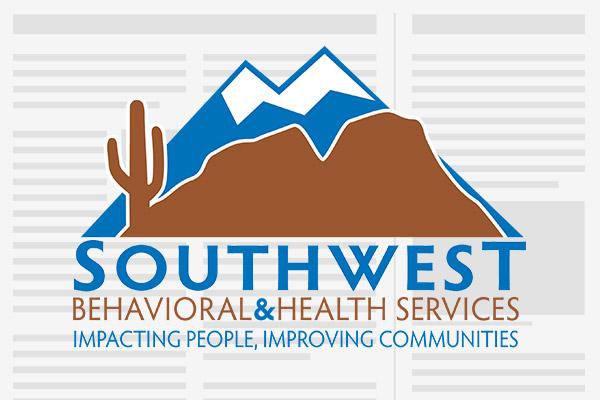DrugFreeAzKids News
Taming Your Teen’s Stress
Prom season, graduation time, the hustle and bustle of spring - you may find that your teen seems more stressed than normal. Stress can be dangerous to a teen’s physical and emotional health whether they are tossing and turning at night or unable to cope with certain situations. It’s important to learn how to help your teen tame that unwanted stress in order to live a happier and more peaceful life.
There are several misconceptions about stress, so let’s debunk the myths.
Misconceptions of Stress

Clean Your Medicine Cabinet Clutter on National Drug Take-Back Day
Will you join us in a little spring-cleaning effort by cleaning out your medicine cabinet? April 30, 2016 is National Drug Take-Back Day, where people from all over the country will sort through their medicine cabinets to find any unused, unwanted and expired medication so that they may safely dispose of it.

Overdosing on Sedatives on the Rise
A new study finds that overdoses from benzodiazepines-sedatives (common brands include Xanax, Valium and Ativan) are on the rise, but more troubling, these overdoses are sometimes fatal. The study appears in the American Journal of Public Health.

Repairing a Damaged Relationship with a Child
As in any relationship, parents and children sometimes make mistakes that cause hurt, resentment, fear and shame. Communication and trust break down and can be hard to rebuild.

Talk With Your Kids – High School
Have you ever felt like when you talk to your high school teen your message goes in one ear and out the other? Your teen often has to balance new experiences and newfound freedoms and responsibilities, which can be overwhelming. It’s not a matter of if but when a teen will be put into situations where drugs or alcohol are present. This is why it’s so important to continue to have conversations about living a healthy, drug-free life – even if you think your message isn’t being heard.

College Marijuana Users Skipping Out
A recent study published in The Psychology of Addictive Behaviors found a correlation between marijuana use among first-year college students and the frequency of skipping classes. Many parents assume that because their children are young adults, they can rest easy in having completed their job as parents. It’s important that they recognize the effects of marijuana use and stay involved in their sons’ and daughters’ lives.

Prevention to Treatment – Your Guide to our Resources
From prevention to treatment, we have the resources and tools to guide you every step of the way in keeping your kid drug free or getting your teen back on the path to being drug free. Whether you’re a parent, caregiver, friend or relative, there comes a time when you need some help talking about tough issues like drinking and drug use. Through community education and awareness, we provide educational tools, information and resources to help with these conversations.

Alcohol As a Gateway to Other Drugs
Alcohol is well known to be addictive and alcoholism is one of the most common substance abuse disorders. While there are few studies to show how it is linked to illicit drugs such as cocaine and heroin, it’s important to note that alcohol is still considered a gateway drug. This means that when a person first starts drinking there is a possibility that they will move on to other dangerous substances.

Talk With Your Kids – Middle School
Talking to your kids about making smart decisions when they’re faced with situations involving drugs and alcohol is pivotal while they’re in middle school. Since the average age when kids try drugs for the first time in Arizona is 13, it’s safe to assume that they’ve already been exposed to drugs or alcohol. We know it seems young, but by being aware of this reality you can take the effective steps to encourage your teens to be healthy and drug-free.















